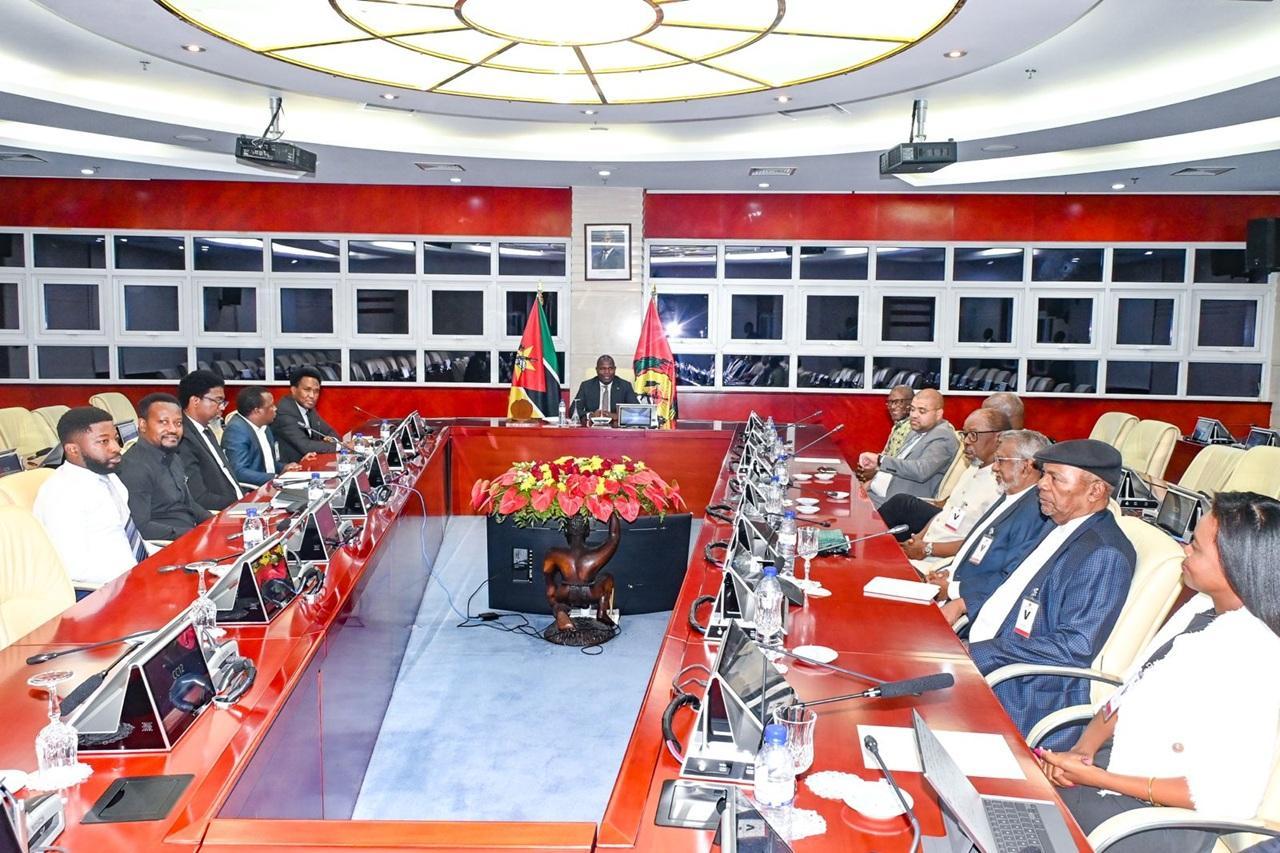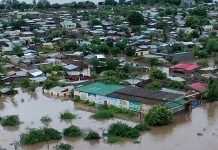Africa-Press – Mozambique. The Mozambican Centre for Democracy and Development (CDD) accused President Daniel Chapo on Thursday of playing “political games” that threaten the “seriousness” of the ongoing dialogue, when he denied having signed any agreement with Venâncio Mondlane.
“These are political games that President Chapo is playing. They are political games and it is these political games that are damaging us as a country. It’s that lack of honesty, lack of commitment and seriousness in the dialogues and agreements that we sign,” said André Mulungo, from the Centre for Democracy and Development (CDD), answering questions from journalists in Maputo about the alleged lack of agreement in the March and May meetings between the President and politician Venâncio Mondlane, a former presidential candidate.
Venâncio Mondlane said on 27 June that the agreement with the Mozambican President “is not what is being put into practice”, “neither at the level of discourse, nor at the level of positioning, nor at the level of execution and implementation of what was said”.
On 2 July, the President of Mozambique, Daniel Chapo, said in an interview with Lusa that the agreement to pacify the country after the electoral process is being fulfilled and that the signatories, the political parties, are satisfied.
“This is a very important aspect. The agreement with Venâncio Mondlane has not been signed. And I don’t know what agreement you’re talking about. There was an agreement, which we signed with the political parties, and Venâncio Mondlane didn’t have a party yet. He may have one in the future,” said Daniel Chapo.
Speaking to journalists yesterday, Mulungo criticised the head of state for saying that he had not signed any agreement with the former presidential candidate, accusing him of playing politics.
“You can’t make a statement from the Presidency saying that you met with people, a statement from the Presidency saying that we are endeavouring to seek peace and reconciliation and then in another forum go and say that you didn’t talk, you didn’t negotiate and you didn’t enter into agreements,” said André Mulungo.
Mulungo recalls that since 1994, the year of the first multi-party elections, Mozambique has experienced cycles of violence and multiple agreements that fail to be implemented due to a lack of political will.
“When we go to agreements, we are not honest, there is no seriousness, there is no honesty when we go to dialogue (…) The question I can ask you is whether the ruling Front for the Liberation of Mozambique [Frelimo] wants to leave power or not,” Mulungo said.
After months of social unrest and demonstrations contesting the election results – which caused around 400 deaths and a great deal of destruction across the country – with victory for Daniel Chapo and the Mozambique Liberation Front (Frelimo), the head of state and Venâncio Mondlane met for the first time on 23 March in Maputo and agreed to pacify the country, repeating the meeting on 20 May.
Earlier, on 5 May, the president signed an agreement with all parties for the pacification of the country, which provided for revisions to the electoral law, the Constitution of the Republic, and the powers of the head of state, among other changes.
For More News And Analysis About Mozambique Follow Africa-Press






